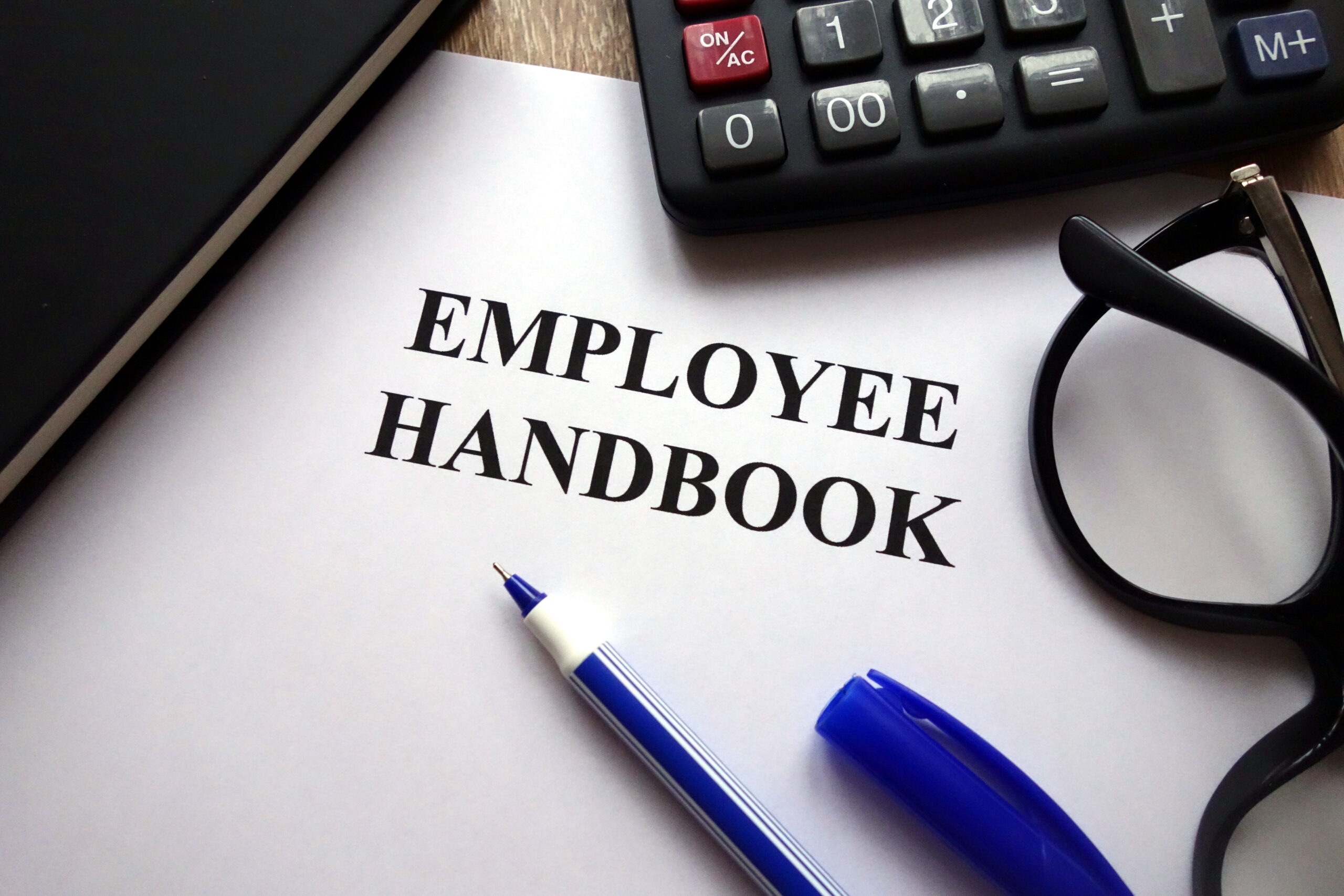
The NLRB Sets Employer Policies and Work Rules in its Sights
Yesterday, the National Labor Relations Board altered its test for determining whether an employer’s policies and work rules may be overly broad and, therefore, tend to chill protected employee activity in violation of the National Labor Relations Act. The Board found that the previous test gave too much weight to employer interests and decided instead to evaluate work rules from the perspective of the employee. According to the Board, “the employer’s intent in maintaining a rule is immaterial.” As such, employer handbook policies will come under increased scrutiny.
Under the new test, which is more accurately characterized as a revised version of a test used under the Obama administration, Board prosecutors need only show that an employee could reasonably interpret an employer’s work rule or policy to have a coercive meaning, even if a contrary, noncoercive interpretation of the rule is also reasonable. The rule would then be presumed unlawful, forcing the employer to prove the rule advances a legitimate and substantial business interest that could not be accomplished with a more narrowly tailored rule.
Without question, employer policies and work rules will be scrutinized by the Board more heavily, leading to new violations of the Act. Employers should, therefore, carefully analyze their policies and work rules, including employee manuals, narrowly tailoring potential problem areas.
For more information, please contact Scopelitis Attorneys Jim Hanson, Jack Finklea, Don Vogel, or Alaina Hawley.
News from Scopelitis is intended as a report to our clients and friends on developments affecting the transportation industry. The published material does not constitute an exhaustive legal study and should not be regarded or relied upon as individual legal advice or opinion.

The NLRB Sets Employer Policies and Work Rules in its Sights
Yesterday, the National Labor Relations Board altered its test for determining whether an employer’s policies and work rules may be overly broad and, therefore, tend to chill protected employee activity in violation of the National Labor Relations Act. The Board found that the previous test gave too much weight to employer interests and decided instead to evaluate work rules from the perspective of the employee. According to the Board, “the employer’s intent in maintaining a rule is immaterial.” As such, employer handbook policies will come under increased scrutiny.
Under the new test, which is more accurately characterized as a revised version of a test used under the Obama administration, Board prosecutors need only show that an employee could reasonably interpret an employer’s work rule or policy to have a coercive meaning, even if a contrary, noncoercive interpretation of the rule is also reasonable. The rule would then be presumed unlawful, forcing the employer to prove the rule advances a legitimate and substantial business interest that could not be accomplished with a more narrowly tailored rule.
Without question, employer policies and work rules will be scrutinized by the Board more heavily, leading to new violations of the Act. Employers should, therefore, carefully analyze their policies and work rules, including employee manuals, narrowly tailoring potential problem areas.
For more information, please contact Scopelitis Attorneys Jim Hanson, Jack Finklea, Don Vogel, or Alaina Hawley.
News from Scopelitis is intended as a report to our clients and friends on developments affecting the transportation industry. The published material does not constitute an exhaustive legal study and should not be regarded or relied upon as individual legal advice or opinion.



